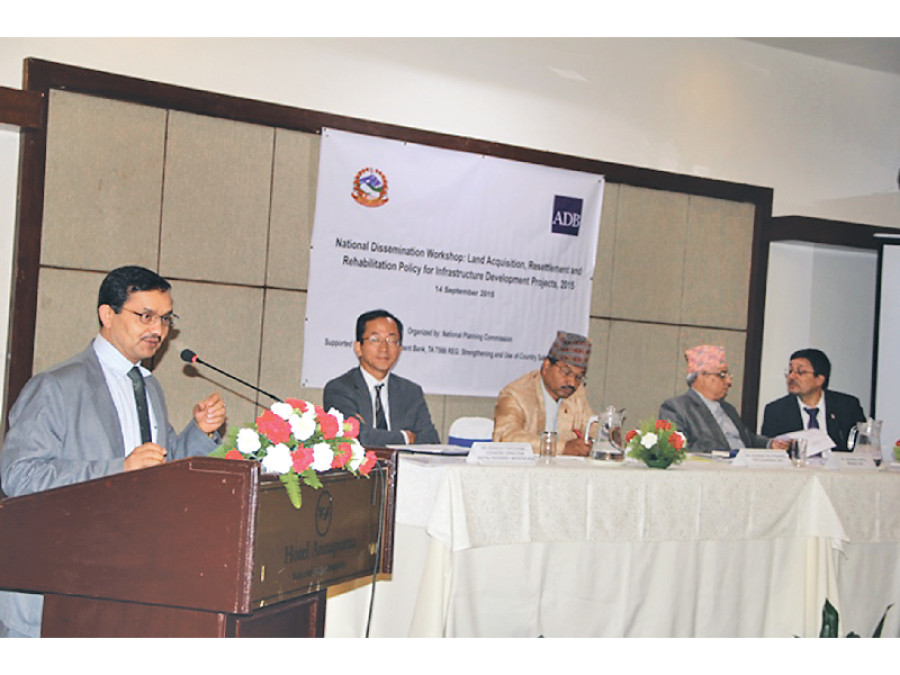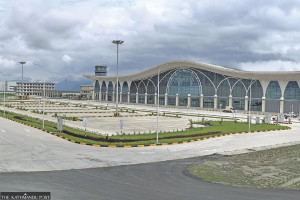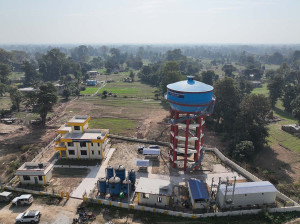Money
Uniform standard for land valuation proposed
A proposed amendment to the Land Acquisition Act 1977 has stated that the same standard should be followed while determining compensation for land acquisition and registration
Prithvi Man Shrestha
A proposed amendment to the Land Acquisition Act 1977 has stated that the same standard should be followed while determining compensation for land acquisition and registration, and valuation of collateral for loans to be extended by banks and financial institutions (BFIs).
Land Value Determination Committee led by chief district officer will have to take into account the type of road or way connecting the land plot concerned, its geographic situation, how it is being used, its size and soil composition, its type, average market price in the previous fiscal year, access to development infrastructure and productivity for determining its value, according to the proposed bill prepared by the Ministry of Land Reforms and Management.
“Whether irrigation facility is available should be taken into account if the land has been categorised as agriculture land,” states the proposed law. “While determining the value of a house, factors such as construction materials and technology used to build the house and water and sewerage facilities available should also be considered.”
The committee has to complete the valuation before new fiscal year begins. The value fixed will be applicable for the entire new fiscal year, according to the bill. “If a landowner loses his/her entire house and land during acquisition, s/he will be given 10 percent more compensation,” it states.
During an interaction on the proposed law in Kathmandu on Monday, experts said once the land value is determined, engagement of local landowners should be cut off completely.
“It is good to give more compensation than the actual value instead of engaging land owners there for a long time as it creates complications,” said an expert at the interaction jointly organised by the National Planning Commission (NPC) and Asian Development Bank (ADB).
As for places where the government announces certain projects, another expert Mahendra Subba said the land value in such locations should be frozen for a certain period after the government shows intent to develop projects there.
The bill has proposed that the Land Value Determination Committee should be more accommodative. As per the existing law, such a committee is headed by the chief district officer, represented by the land administrator and project chief if the land is being acquired for any project or an officer fixed by the CDO if the land is being acquired for other purposes.
As per the new proposal, such a committee will continue to be led by the CDO, but will be represented by local development officer, Land Revenue Office chief, Survey Office chief, Inland Revenue Office (IRO) chief (or District Treasury Office chief in the absence of the IRO chief), project chief fixed by the CDO, a representative of Nepal Bankers’ Association and assistant CDO.
The committee, housed at the District Administration Office, can invite experts and stakeholders as per the need in its meetings. Although the Land Acquisition Policy has talked about giving land for land in certain cases, the proposed law has stated the compensation will be given in cash.
The proposed law has made special provision for land acquisition for tunnels and tunnel roads. It states compensation will be provided to landowners whose land is confirmed by a technical committee to be directly affected by the tunnel or tunnel road construction, hinting that owners whose land is not affected directly would not be eligible for the compensation.
If a certain activity has to be banned on the land falling under the alignment of tunnels or tunnel roads, such an activity has to be banned by paying a certain portion of the determined compensation.
The ministry concerned will have to form a technical committee to determine the area to be directly affected by the tunnels or tunnel roads, and to determine the activities to be banned and the compensation.
The proposed law has also made a new provision on land acquisition for diplomatic missions and international institutions, under which the government will make available the land on lease.




 17.12°C Kathmandu
17.12°C Kathmandu













